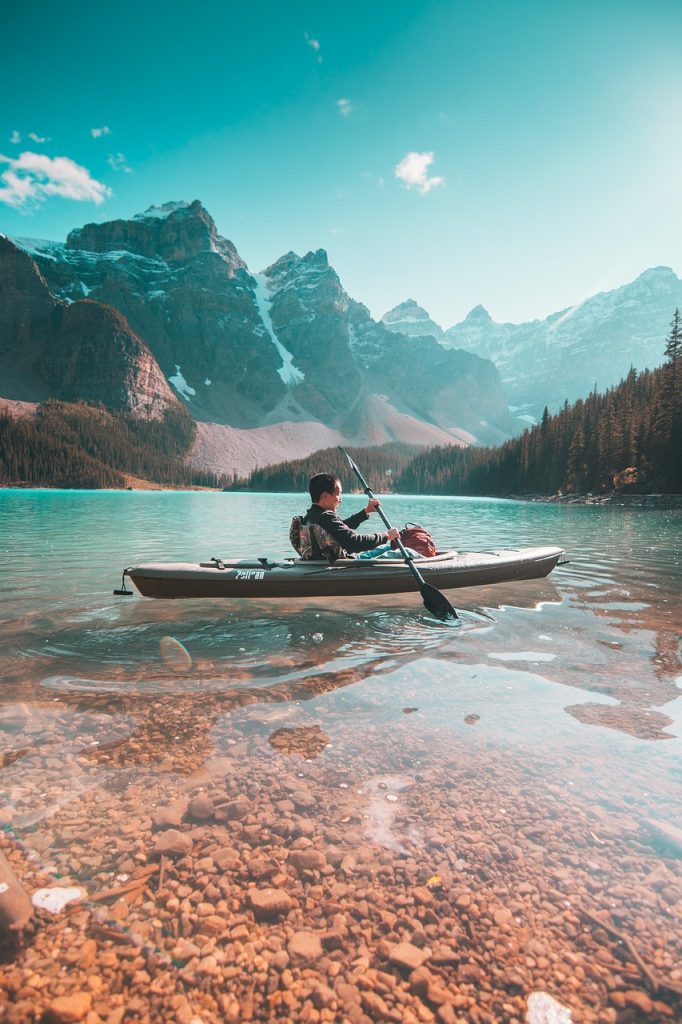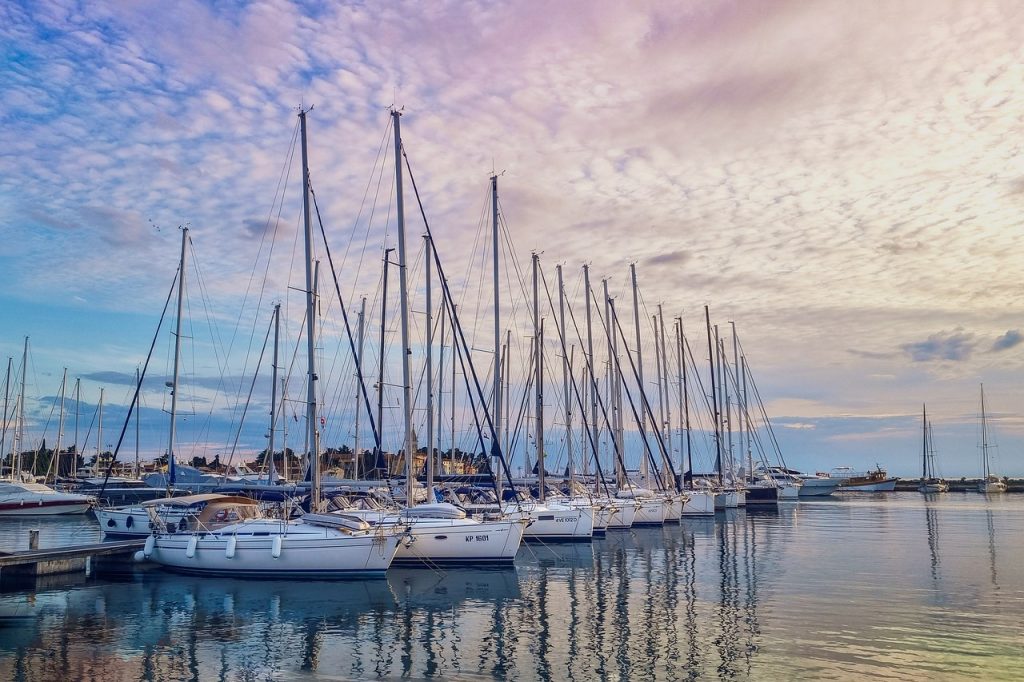Boating brings the thrill of freedom and adventure, but getting started requires more than simply stepping onto a boat.
Choosing the Right Boat for Your Needs
Starting with the right boat is essential. Consider what type of boating experience you’re after—fishing, cruising, watersports, or a mix of activities. Smaller boats, like runabouts or bowriders, are great for beginners as they’re easy to handle and versatile. If you plan on fishing, a center console or bass boat may be ideal. Learn more details about padlespesialisten.
Think about the size and capacity of the boat as well. For casual trips on lakes or rivers, smaller boats are sufficient, but if you’re navigating coastal waters, you may need a more robust option.
Boating comes with its own set of terms, and learning the basics can help you communicate effectively and understand instructions. Key terms include “port” (left side of the boat), “starboard” (right side), “bow” (front), and “stern” (back).
Knowing these terms helps when navigating or docking, as well as when communicating with other boaters. Additionally, terms like “underway” (moving) and “moored” (stationary) help you better understand navigation rules and docking procedures. For more details about ullundertøy.
Getting Familiar with Navigation Basics
Navigation is one of the most critical aspects of boating. Most boats today are equipped with GPS systems, but learning to read nautical charts and use a compass is also valuable. Charts show water depths, potential hazards, and landmarks that can help guide your route. Find out more details about sup brett.
Understanding markers, buoys, and symbols on these charts ensures you’re aware of shallow areas, restricted zones, and channels, making navigation easier and safer.
Weather plays a significant role in boating safety, especially for new boaters. Before each trip, check the weather forecast and be prepared to adjust your plans. Pay attention to signs of changing conditions, like darkening skies, shifting winds, or a drop in temperature.
Docking can be intimidating for new boaters, but practice and patience make a big difference. Start by understanding that speed is not your friend when docking—approach slowly and steadily. If your boat has a “no-wake” or low-speed setting, use it when docking.
Anchoring is essential for enjoying stops on the water, whether it’s for a swim or an overnight stay. Start by choosing an anchoring spot with good holding ground—sandy or muddy bottoms are ideal.
Boating is regulated by a set of rules, often referred to as “rules of the road.” These include right-of-way guidelines that help prevent collisions and ensure smooth navigation. For example, when two boats meet head-on, both should steer to the right (starboard).
When crossing paths, boats on the right have the right of way. Knowing these rules is crucial for safety, as they dictate how to handle situations involving other vessels.

Safety gear is mandatory on any boating trip, and being well-prepared ensures that you’re ready for unexpected situations. Essentials include life jackets, a first-aid kit, a fire extinguisher, flares, and a radio or communication device.
Each passenger should have an appropriately sized life jacket, and it’s wise to wear them whenever the boat is moving. A float plan, detailing your trip route and estimated return time, should be shared with someone onshore as an extra safety measure.
Running out of fuel on the water can lead to frustrating and potentially dangerous situations. The one-third rule is a simple way to manage fuel effectively: use one-third of your fuel to go out, one-third to come back, and keep one-third as a reserve. This rule provides a safety buffer and reduces the risk of being stranded. Keeping an eye on your fuel gauge and planning ahead helps make each trip worry-free.

